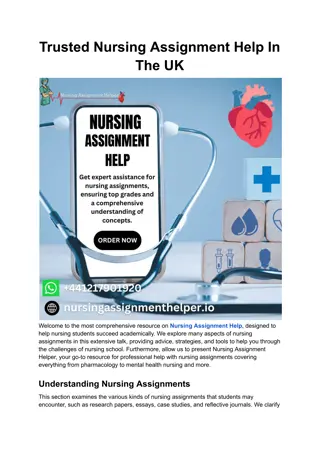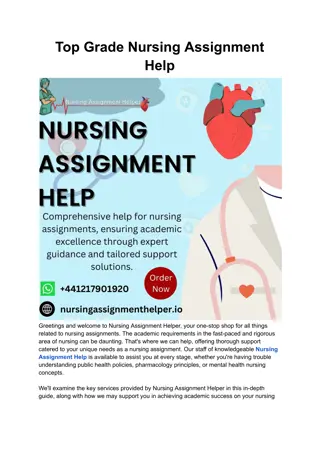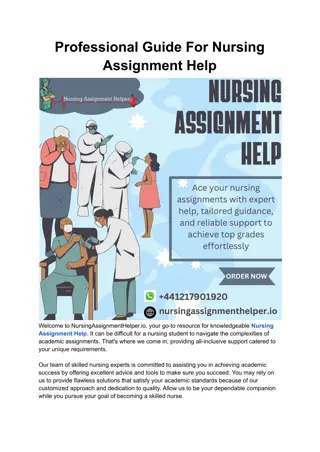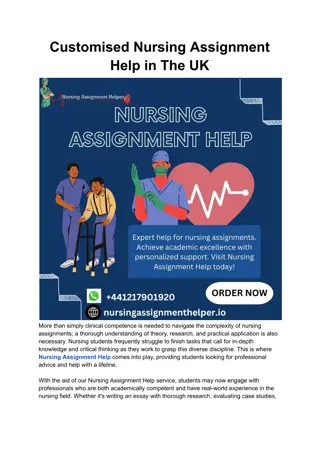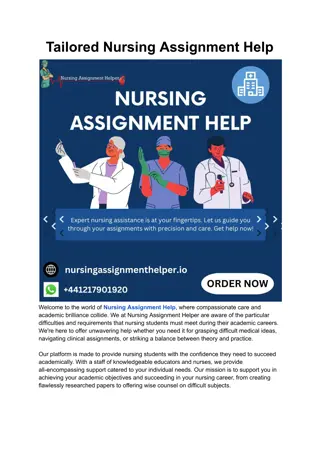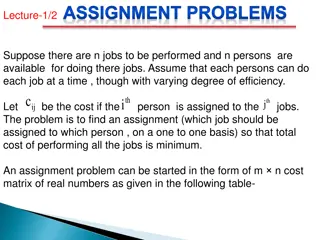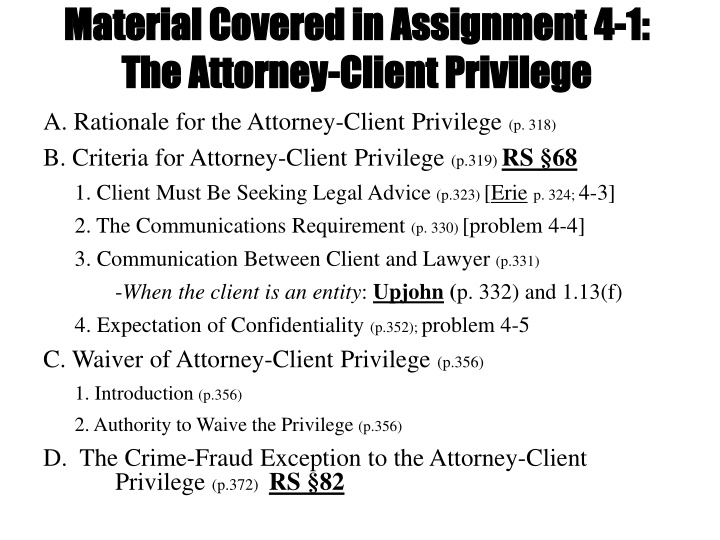
Attorney-Client Privilege: Understanding Legal Confidentiality in Practice
Explore the nuanced realm of attorney-client privilege, its rationale, criteria, exceptions, and real-world scenarios. Delve into ethical dilemmas faced by lawyers and the impact of confidentiality breaches on legal proceedings and professional conduct.
Download Presentation

Please find below an Image/Link to download the presentation.
The content on the website is provided AS IS for your information and personal use only. It may not be sold, licensed, or shared on other websites without obtaining consent from the author. If you encounter any issues during the download, it is possible that the publisher has removed the file from their server.
You are allowed to download the files provided on this website for personal or commercial use, subject to the condition that they are used lawfully. All files are the property of their respective owners.
The content on the website is provided AS IS for your information and personal use only. It may not be sold, licensed, or shared on other websites without obtaining consent from the author.
E N D
Presentation Transcript
Material Covered in Assignment Material Covered in Assignment 4 4- -1: 1: The Attorney The Attorney- -Client Privilege Client Privilege A. Rationale for the Attorney-Client Privilege (p. 318) B. Criteria for Attorney-Client Privilege (p.319) RS 68 1. Client Must Be Seeking Legal Advice (p.323) [Erie p. 324; 4-3] 2. The Communications Requirement (p. 330) [problem 4-4] 3. Communication Between Client and Lawyer (p.331) -When the client is an entity: Upjohn (p. 332) and 1.13(f) 4. Expectation of Confidentiality (p.352); problem 4-5 C. Waiver of Attorney-Client Privilege (p.356) 1. Introduction (p.356) 2. Authority to Waive the Privilege (p.356) D. The Crime-Fraud Exception to the Attorney-Client Privilege (p.372) RS 82
Question 4-1 (p. 316) Lawyer represents a client who suffered injuries when he was run down by a car in a crosswalk. The lawyer investigates the matter and comes upon a surveillance tape indicating that his client, one minute before the accident, had exited from an XXX rated adult theater with a woman who was not his wife. At a dinner party, the lawyer tells everyone the "ironic" story of his client, who got run down after being so "naughty." What is the proper finding for the disciplinary committee?
Question 4-2 (p. 317) Lawyer represents a client who suffered injuries when he was run down by a car in a crosswalk. The lawyer investigates the matter and comes upon a surveillance tape indicating that his client, one minute before the accident, had exited from an XXX rated adult theater with a woman who was not his wife. Before trial, the lawyer receives a discovery request from defense counsel, demanding production of any surveillance tapes that are or may be relevant to the action. The lawyer refuses to produce the surveillance tape he found. Must the lawyer produce the surveillance tape?
Question 4-3 (p. 324) Client retains lawyer for his assistance in a real estate transaction. Client asks the lawyer in confidence whether the lawyer thinks it is "a good and workable deal." How is this communication to be treated?
Question 4-4 (p. 330) An attorney represents a plaintiff in a personal injury action. The plaintiff is in a bodycast and claims extensive injuries after a car accident. About a month before the trial date, the attorney goes on a skiing vacation. As he is swooshing down the slopes he sees his client --- bodycast-free --- swooshing down ahead of him. The defendant now subpoenas the lawyer to provide any information he has about the plaintiff's medical condition. The attorney --- who has since withdrawn from the representation --- refuses to supply any information and invokes both the attorney-client privilege and his duty of confidentiality. Does the attorney have a valid claim for refusing to testify on what he knows about the former client's condition?
Question 4-5 (p. 352) The board of directors of a corporation votes to do a public offering of stock. The corporation hires an outside law firm to prepare the necessary documentation. The law firm communicates with corporate personnel and obtains factual information that would put the corporation in a negative light. Upon review of this information, the lawyer recommends tha the corporation terminate its plan to do a public offering. The board agrees. Is the negative information obtained by the law firm protected by the attorney-client privilege?
Question 4-8 (p. 373) Joe is a used car salesman. He has been sued by a buyer who claims she bought a car with a turned-back odometer. Joe retains Lawyer to defend the case. When Lawyer asks Joe to describe the background of the dispute, Joe makes two statements to the Lawyer in confidence: 1) "I've destroyed a number of documents that could be used to prove the buyer's case." 2) "I still think there might be some documents in the files that could be relevant to her case. Could you look through the files and let me know what you think she might ask for in discovery?" Are these statements privileged?
Question 4-6 (p. 357). A corporation is being investigated by the Environmental Division of the Department of Justice on suspicion that it had illegally dumped toxic chemicals for a number of years. Before the DOJ investigation began, the corporation had hired a law firm to investigate how the company was disposing of the chemicals. Lawyers interviewed corporate agents and filed a report with the corporation. The Department of Justice requests this report from the corporation. The corporation agrees to turn over the report "in the spirit of cooperation" but only if the Department of Justice signs a confidentiality agreement under which the Department will not turn over the report to any private parties. After receiving the report, the Department of Justice concludes its investigation of the corporation. But private parties allegedly injured by the corporation's activities bring a lawsuit against the corporation. They serve a discovery demand for the report. The corporation refuses to turn over the report, citing the attorney- client privilege. Is this correct? A: NO. The corporation waived any privilege by disclosing the report to the Department of Justice.
Question 4-7 (p. 366) One big corporations sued another for fraud after a deal went sour. Each sought discovery of thousands of emails that were relevant to the case. At the defendant's request, and over the plaintiff's objection, the court entered an order providing that any disclosure of information protected by the attorney-client privilege during discovery would not constitute a waiver of the privilege. After the order was entered, the defendant produced 650,000 emails; 1000 emails involved confidential attorney- client communications. Subsequently the defendant was sued for fraud by another corporation that was involved in the deal that went bad. The plaintiff in this second case sought to use as evidence the 1000 privileged emails that the defendant produced in the previous litigation - arguing that the defendant waived the privilege by producing them in that litigation. Has the defendant waived the privilege by producing the emails in the prior litigation? No, because the court order protects against a waiver in any subsequent litigation.

